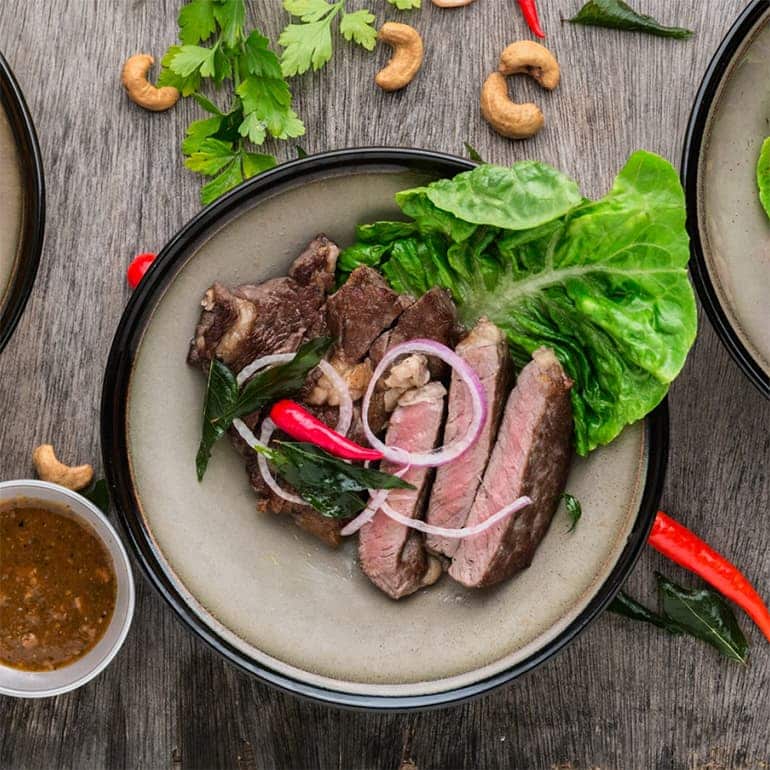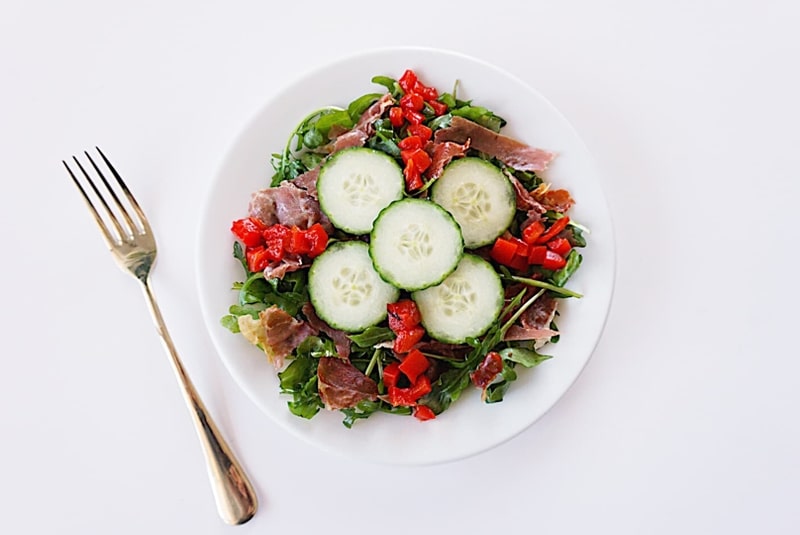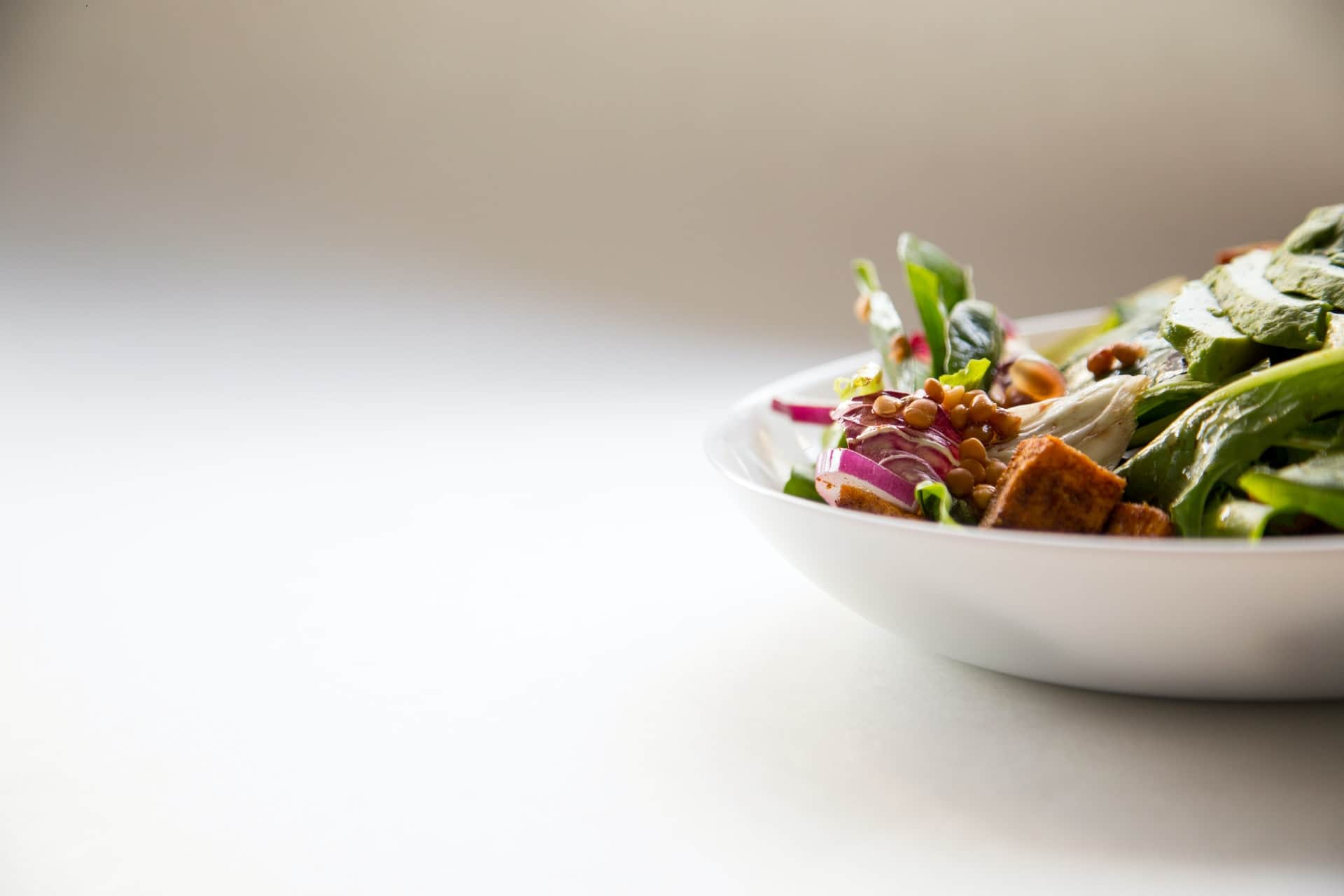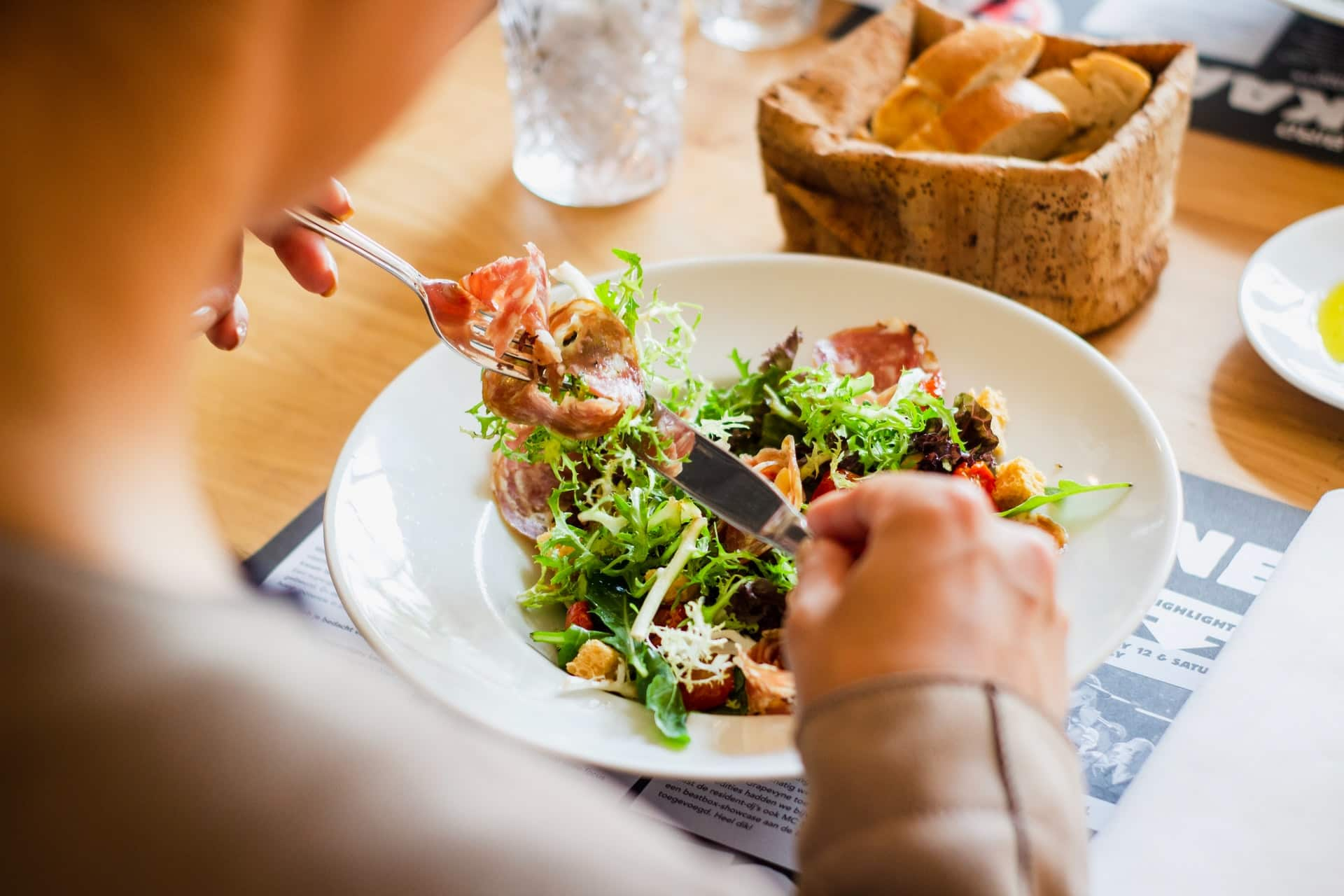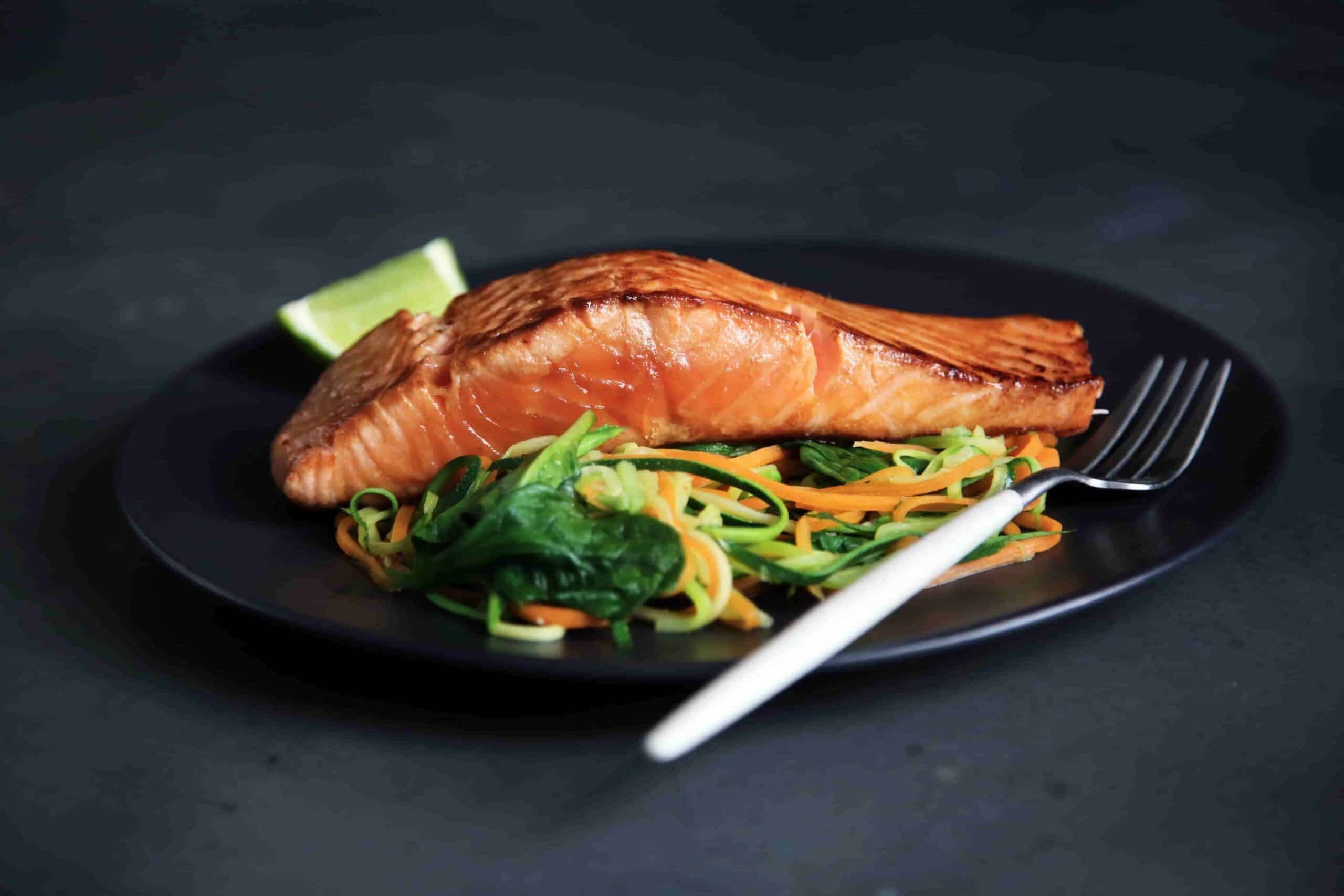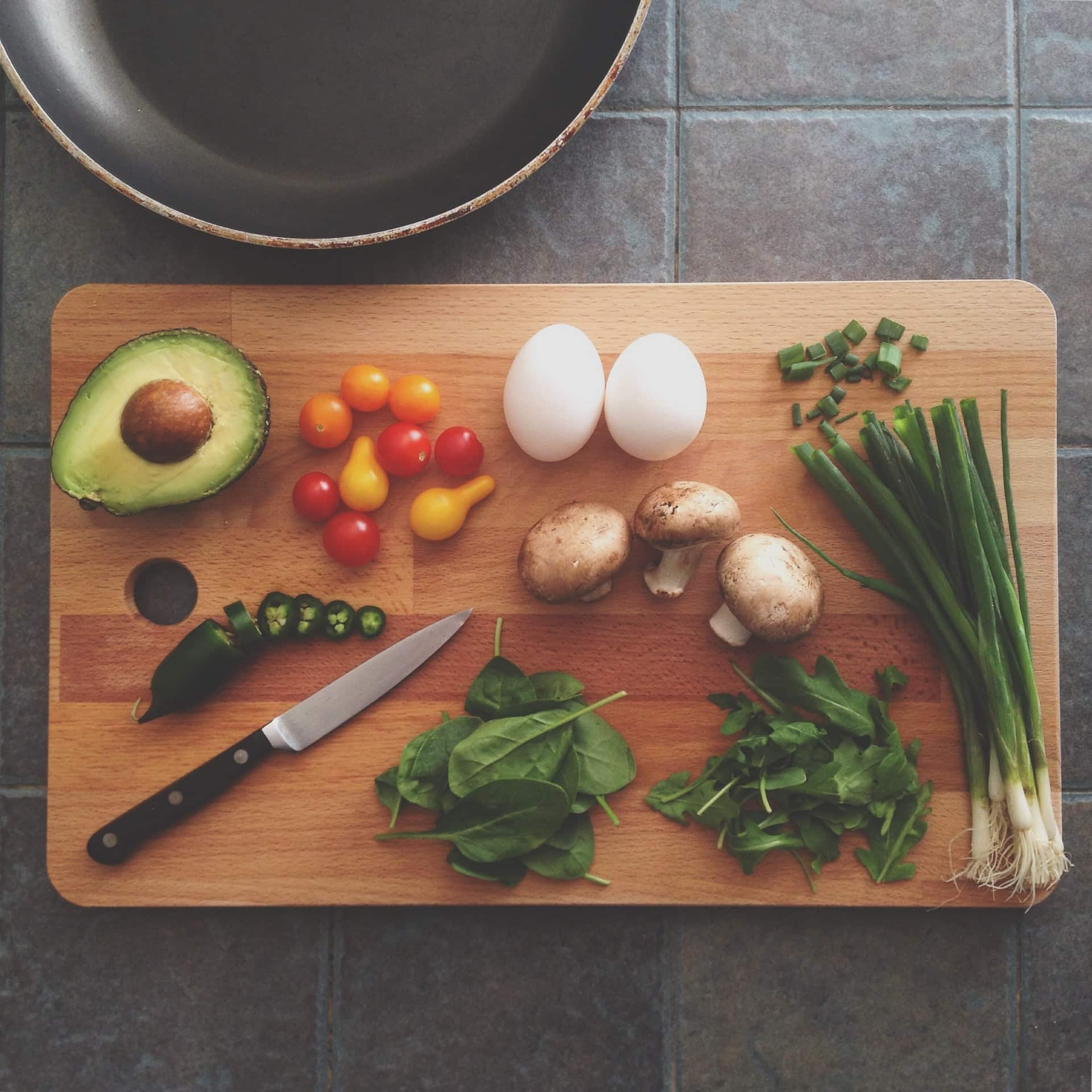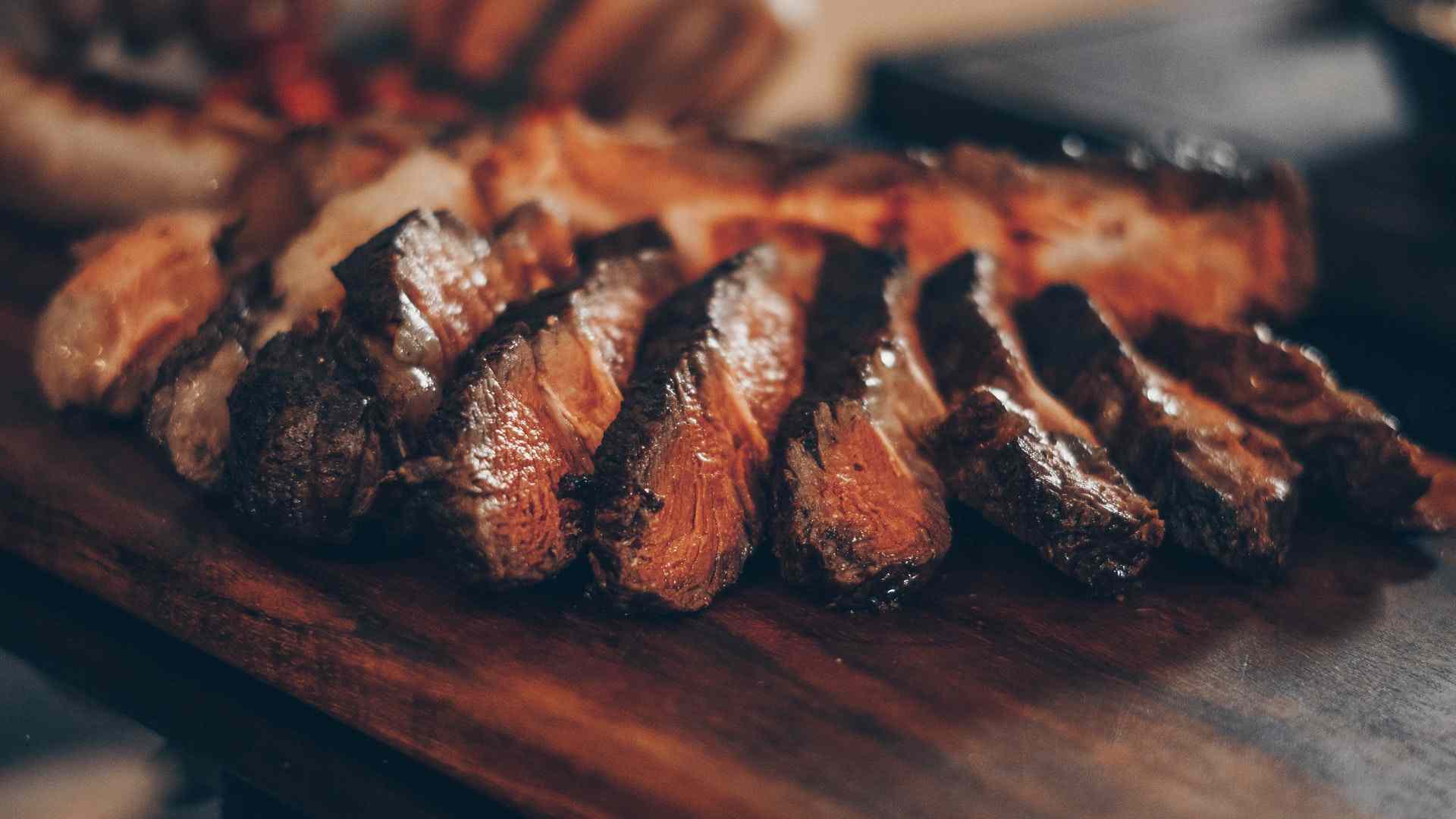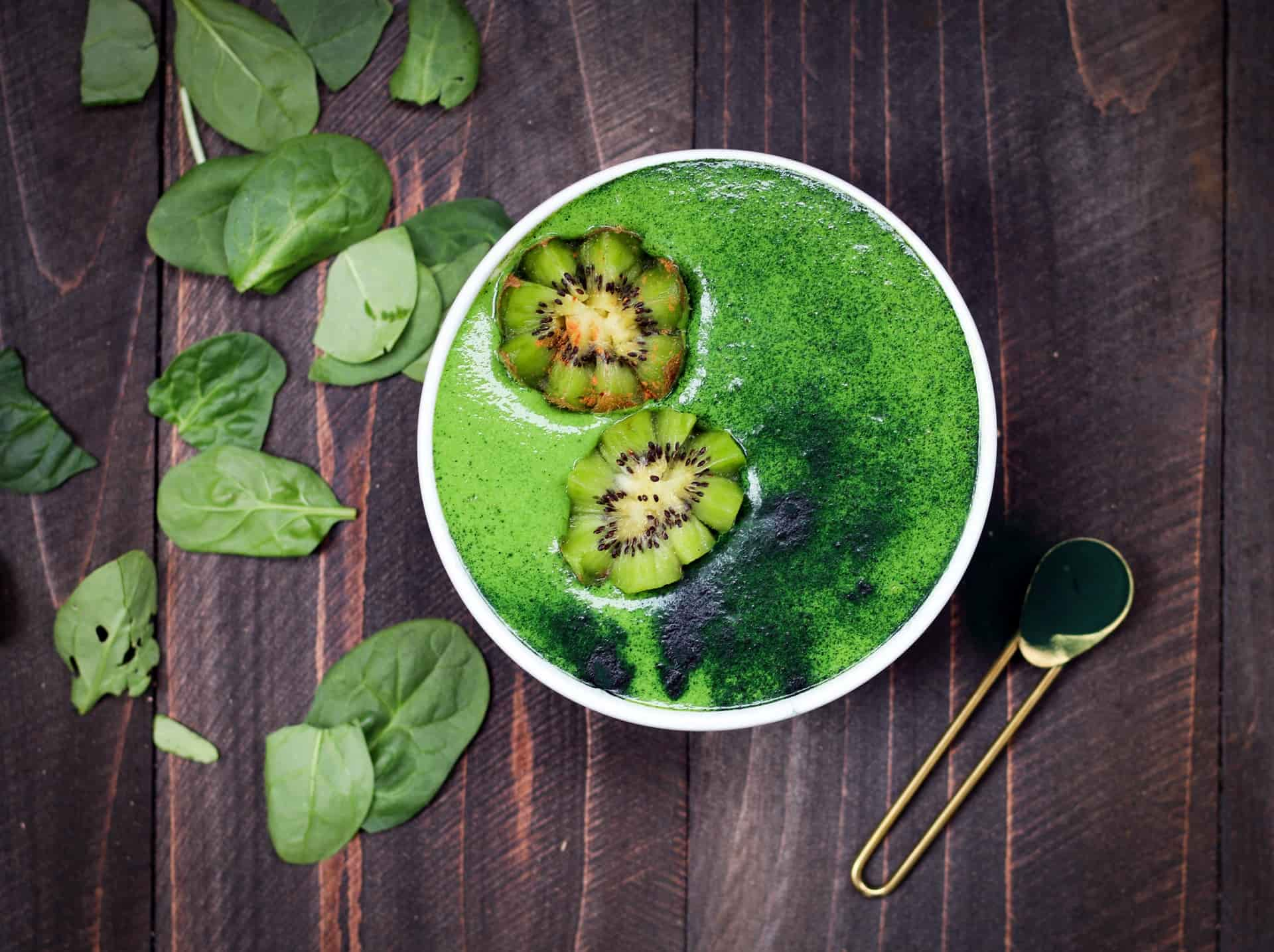Keto Meal Plans &
meal planning app
Weekly keto meal plans from the #1 meal planning app
The ketogenic diet works - but you need a plan. Gain clarity, energy and lose weight with easy-to-follow keto meal plans today.
Table of contents
Customize Your Keto Meal Plans
If you want to try out the keto diet – a well thought out plan is going to be key to your success. If you’re on the fence about testing it out – we’ve broken down exactly what the keto diet is, why it might be right for you and how to plan for success while eating a diet that’s keto-friendly.
Let’s get started…
The Basics of a Keto Meal Plan
A Keto meal plan is very macro-nutrient focused. In other words, you’re focused on optimizing for fat intake and limiting carbohydrates while eating enough protein to function optimally.
So how much of each should you aim for?
Carbohydrates – Under 50g
If you’re more insensitive to insulin, you may need to drop as low as 20-30g to get the desired results until your body improves it’s insulin sensitivity response.
Protein – .7-1g per lean body mass.
While many people will worry about eating too much protein knocking you out of ketosis – you typically won’t have to worry about that and it’s a “last mile” optimization that you only need to worry about as a last resort.
Fats – Remainder of Diet
You should be aiming to get 60-80% of your diet (aka the rest of your calories from fat. While this can be a moving target for some people – the main thing to focus on is limiting carbohydrate intake and then eating enough protein and fat so you are satiated and not “starving” throughout the day.
About the Keto Diet Meal Plan
The ketogenic – or keto – diet is the trendy diet of the moment. Many people have seen big weight loss, improved mental clarity, more energy and just an improved quality of life following the keto diet.
So what is the ketogenic diet? This is a low carb, moderate protein, high fat style of eating that’s helped many people reach their health and wellness goals. The goal of the keto diet – and why many people have seen success eating this way – is because of a metabolic reaction called ketosis.
For people who eat a regularly-balanced diet, their body uses glucose (from carbohydrates) for energy. When someone eats a ketogenic diet, the carb intake is so low that the body has to switch to burning fat for energy. Therefore, when following a keto diet successfully, it’s very important to know just how many carbs you’re consuming in a day. You want to ensure you stay in ketosis to get the full benefits of the keto diet.
The keto diet is not as restrictive as the paleo diet. The keto diet is made up of high fat foods such as fish, seafood, high-quality meat, full-fat dairy, nuts, seeds and healthy fats – like olive, avocado and coconut oil. Low carbohydrate fruits and vegetables are also encouraged on a keto diet.
It’s also important to avoid high carb foods such as grains, sugar, starchy vegetables, legumes/beans, alcohol, etc. These foods will take you out of ketosis which will stall or halt your progress towards your goals.
The best way to know that your body has reached ketosis is by testing. There are simple breath or urine tests that will be able to accurately tell you if you’ve reached ketosis or not.
The key to being successful on the keto diet – or any diet, for that matter – is to be prepared. It’s helpful to know which foods are keto-friendly and which foods should be avoided. Because ketosis is the goal for the ketogenic diet, ensuring that you’re feeding your body the correct foods to keep you there is going to be very important.
What To Eat on Your Keto Meal Plan
Let’s get down to specifics – here’s what you should and shouldn’t eat while on a ketogenic diet to be as successful as possible.
Keto Friendly Foods
If you’re looking to stay keto – try to focus on eating as much of these foods as possible:
- High-quality protein – high quality protein will help with satiety and make for a good baseline of your diet.
- High-quality fats – avocados, butter, olive oils and more
- Fish + Seafood – Great sources of protein and omega 3s
- Eggs – Eggs are a great source of fat and proteins.
- Vegetables – While vegetables are almost always a great choice – be careful to watch your carbohydrate count with them.
- Some fruit – Be careful about what sorts of fruits you eat while keto. High sugar fruits (bananas, mangos, etc) can cause blood sugar spikes and knock you out of ketosis. Stick with low sugar alternatives like berries.
- Nuts and seeds – these are a great source of fats but you can easily eat too many and put yourself in a calorie surplus. Enjoy these, but be careful on consumption.
- Natural oils – mostly the liquid version of the fats listed above.
Foods to Avoid on the Keto Diet
Similarly, you’re going to want to avoid these on keto:
- Grains – breads, pasta, bagels and other carb-heavy foods.
- Processed Dairy – Most processed dairy is high in lactose which can cause blood sugar spikes. If you’re going to consume dairy, make sure it’s as unprocessed as possible and full-fat to help you stay in ketosis.
- Sugar – Sugar will knock you right out of ketosis very quickly – so limit this to natural sugars if at all possible.
- Starches – pasta, rice, and high starch foods like potatoes
- Processed foods – any other
- Desserts – Cakes, cookies, snacks, and candy.
- Alcohol – Pretty much all alcohol except for tequila or vodka.
Who The Keto Diet Is For
The keto diets we offer are primarily for people who are focused on weight loss, but there are a wide array of advocates.
Keto Diet Plans For Weight Loss
First up – weight loss. This is clearly obvious and one of the main selling points. The entire goal here is that if you reduce overall carbohydrate consumption – you have less carbohydrate excess and won’t store that as fat on your body. Then, if you’re working out and burn more than the total calories you consume – instead of relying on carbohydrates – your body will burn fat off your body.
Keto Diet Plans for Diabetics
Diabetic patients also seem to have success with keto as it can help stabilize . Also, because type II diabetes is a result of low insulin sensitivity, but going keto, losing weight and improving insulin sensitivity – there are some studies that show that people reducing their need for diabetic medications after seeing success on the keto diet.
Keto Diet Plans for Fasting
People who are interested in autophagy through fasting also find success on the keto diet. Through autophagy, the body can actually reduce harmful cells and tissues as the body goes through starvation mode. Think of this as “spring cleaning” for the cells. There is some studies that show this is helpful in cancer patients by consuming harmful tumors in the autophagy process.
There are some studies that have shown that keto is well-suited for epilepsy patients and has helped reduce incidents.
So who should avoid the keto diet? We always advocate for experimenting with what works for you and discussing with your doctor, but you may want to avoid keto if you fall into these categories
- You are pregnant or breast feeding.
- You have existing kidney or liver issues.
- You have some additional conditions and need to discuss with your doctor.
- You’re an elderly person who may have trouble hitting ketosis goals while consuming enough protein.
Creating a Keto Meal Plan
Common Issues with Keto
Keto Flu
When you’re first becoming fat adapted, you may experience something called keto flu or keto headache.
Understanding Ketone Bodies
Ketones are the bodies that are produced when your body is in ketosis. They’re essential for brain health and are a slower burning, more even type of fuel. We’ve written a full guide on ketone bodies here.
Should you take Exogenous Ketones during a Ketogenic Diet Plan?
This is completely up the individual, but we cover all the details on the science behind ketone drinks here.
What Can you Drink on Keto?
If you’re curious on what to drink on keto – most people stick with water, coffee and tea. With that said, we’ve put together a great resource on the best keto drink mixes here that should be helpful if you’re looking for something a little different.
What Snacks Can I Have on Keto?
Fortunately, due to it’s popularity – there’s no shortage of keto snacks that you can have while staying keto. Here’s a short list of some of our favorite keto snacks on the market.
The best keto diet resources from around the web
People are always looking for more information on the Banting diet. Unfortunately, though, there are unhelpful and frankly unscientific resources out there, that’s why we’ve come together to collect the best resources we can find. Read more below:
- The Ultimate Guide to the Keto Diet– a great overview on the keto diet.
- Mark’s Daily Apple guide to keto – A great newcomer course on keto.
- A summary of the Ketogenic Diet – This article is a great, clear summary of what Keto is, it’s effects and criticism. Written as an academic paper, but great for those who want to go in-depth.
- The ketogenic diet: one decade later – A comprehensive review of the Keto diet and existing research from the past decade with a particular focus on epilepsy.
- This study from the British Journal of Nutrition (Cambridge University) is a comparison between the Keto diet and low fat diets as applied to weight loss. The study found those on a low carb protocols experienced greater weight loss than those eating a low fat diet.
- Interest in the Ketogenic Diet Grows for Weight Loss and Type 2 Diabetes (JAMA) – This study looks at weight loss and the effect of existing type 2 diabetes in several participants on a variety of diets including Keto, and the results are very interesting, you will need a subscription to read the full text however.
- Effects of the Keto Diet on hunger, appetite and weight loss in Obese men – A study looking at relative levels of hunger, appetite and weight loss in men who were obese in different diets, including the Keto diet.
Research on the Keto diet’s effects for those with chronic + acute illnesses:
- Ketogenic diet and Epilepsy – this paper published by Dr Ran D. Goldman, from BC Children’s Hospital. In it he writes that Keto can be a natural but medically effective treatment for seizures associated with glucose transporter protein deficiency syndrome, however; it’s use needs is limited, especially in children as adherence is tricky, interesting stuff.
- A study which shows the Ketogenic diet is an effective adjuvant when used for treatment of certain cancers.
Keto Meal Plans Pricing

Monthly
- Weekly meal plans
- 15 min / 5 ingredient recipes
- Grocery Shopping List
- Private Facebook Community
- 24/7 Paleo Coach Access
- Money Back Guarantee
$15 per month
14
per month
Quarterly
Save 20% off our monthly pricing
- Weekly meal plans
- 15 min / 5 ingredient recipes
- Grocery Shopping List
- Private Facebook Community
- 24/7 Paleo Coach Access
- Money Back Guarantee
$16 per month
12
per month $36 per quarter
Yearly
Save 25% off our monthly pricing
- Weekly meal plans
- 15 min / 5 ingredient recipes
- Grocery Shopping List
- Private Facebook Community
- 24/7 Paleo Coach Access
- Money Back Guarantee
$15 per month
8
per month $96 per quarter

Money Back Guarantee
Customize your first meal plan risk-free. if you don't love it within the first 30 days - you get your money back. Simple.
If you're not sold on this diet, here are other similar plans you might like
See all of our diet meal plans options here.

